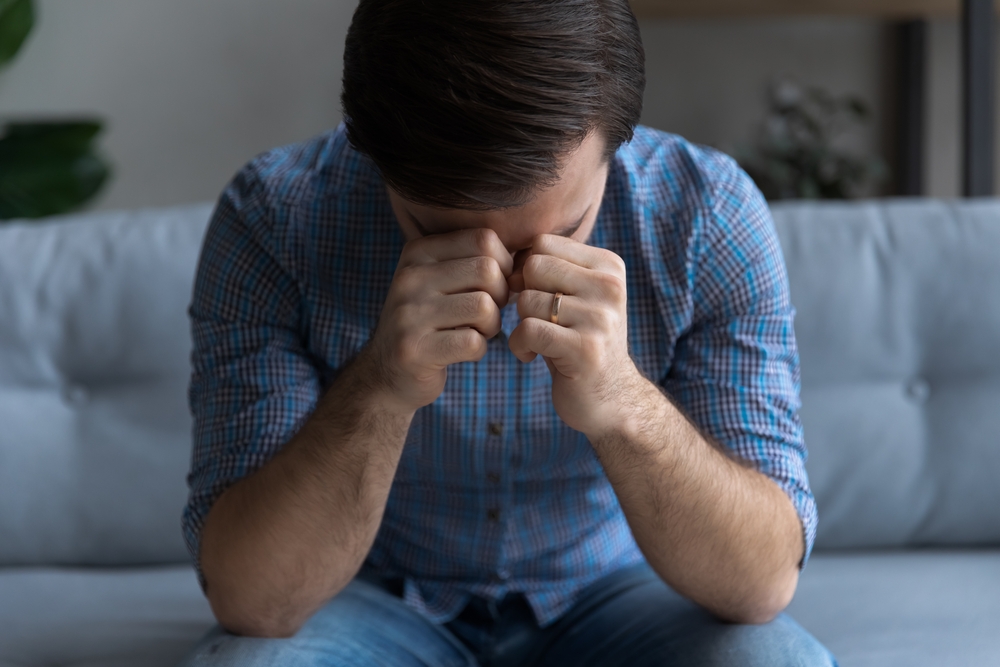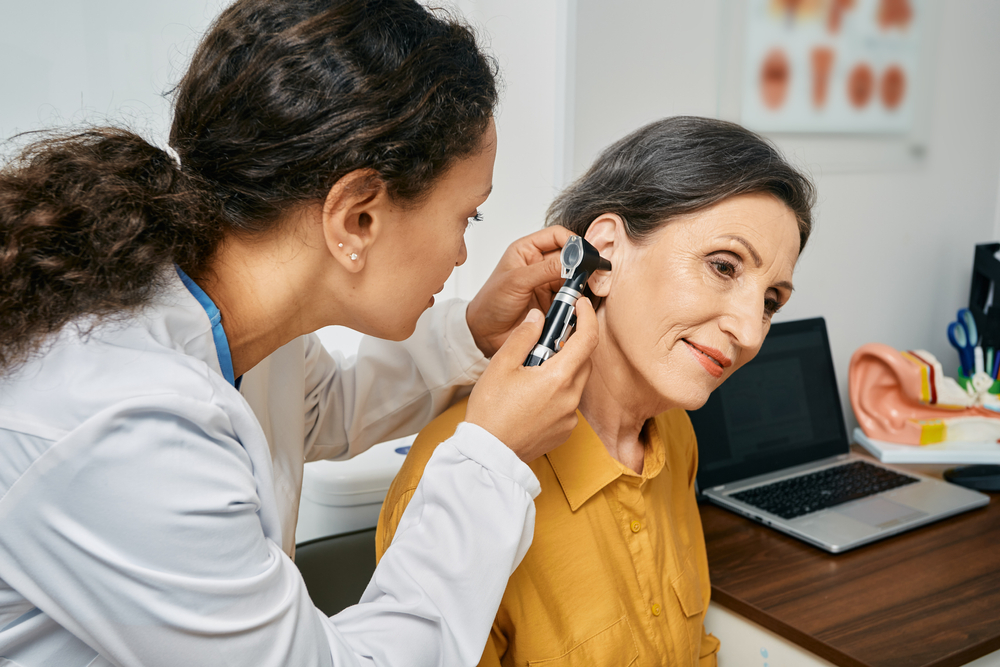Did You Suffer Harm as a Result of a Big Pharma Drug Side Effect?
Side effects of pharmaceutical drugs developed, tested marketed and profited by Big Pharma have devastating consequences, causing harm and injury to consumers. If you’ve been injured by a drug, a product liability lawsuit against the pharmaceutical company can help victims seek legal recourse and hold manufacturers accountable for their negligence.

Start My Big Pharma Drug Side Effect Lawsuit Claim
Big Pharma Drug Lawsuits
Defective pharmaceutical drugs can have devastating consequences, causing harm and injury to consumers. In such cases, a product liability lawsuit can help victims seek legal recourse and hold manufacturers accountable for their negligence.
Injuries caused by pharmaceutical drugs can have devastating consequences for individuals and their families. When a person suffers harm due to a dangerous drug or defective medical device, pursuing a lawsuit against the negligent parties can provide a path to justice and compensation. Our consumer advocates are well-versed in dealing with the traumatic consequences of pharmaceutical drug and medical device injuries, and we can put you in touch with an experienced attorney who knows the legal process involved in seeking redress. Contact us today or fill out the form to get the help you and your loved ones need.
Understanding Pharmaceutical Drug and Medical Device Injuries
Pharmaceutical drugs play a crucial role in modern healthcare, offering innovative treatment options for a wide range of medical conditions. However, the safety and effectiveness of these products are not always guaranteed. In some cases, pharmaceutical companies and medical device manufacturers prioritize profits over patient safety, leading to the introduction of drugs and devices that have not been properly researched or tested or that carry known risks or defects.
Consequences of Pharmaceutical Drug Injuries
Pharmaceutical drugs, which are intended to improve health and alleviate symptoms, can sometimes have severe side effects or fail to deliver the promised benefits. Patients who suffer injuries due to dangerous drugs may experience adverse reactions such as organ damage, heart problems, vision loss, or even death. Common examples of pharmaceutical drug injuries include:
- Tylenol: Taking Tylenol may increase a person’s risk of suffering liver damage and liver failure possibly requiring a transplant. Some research has also shown that children born to women who took Tylenol during pregnancy may be significantly more likely to develop autism or ADHD in childhood.
- Elmiron: Elmiron, a drug prescribed to treat interstitial cystitis, has been associated with a degenerative eye disorder called pigmentary maculopathy. Patients who took Elmiron and subsequently developed vision problems may have grounds for a lawsuit against the manufacturer, Janssen Pharmaceuticals.
- Tepezza: Tepezza, a drug used to treat thyroid eye disease, has been linked to liver toxicity and other serious adverse effects. Individuals who suffered injuries due to Tepezza may be entitled to compensation for their medical expenses, pain and suffering, and other damages.
- Ozempic: Ozempic, a medication used to treat type 2 diabetes, has been associated with serious side effects, including pancreatitis and stomach paralysis. Patients who experienced harm after taking Ozempic may have grounds for a product liability lawsuit.
Pursuing a Lawsuit for a Defective Drug
When individuals suffer harm due to dangerous drugs or defective medical devices, they have the right to seek compensation through the legal system. Pursuing a lawsuit for drug and device injuries involves several key steps:
- Consultation with an Attorney: The first step is to consult with an experienced personal injury attorney who specializes in product liability cases. The attorney will evaluate the details of your situation and determine the strength of your claim.
- Investigation and Gathering Evidence: Once you hire an attorney, they will conduct a thorough investigation to gather evidence supporting your case. This may involve reviewing medical records, consulting expert witnesses, and examining the manufacturing and testing processes of the drug or device in question.
- Establishing Liability: In a drug or medical device injury lawsuit, the burden of proof rests on the plaintiff to establish that the manufacturer or other parties involved were negligent. This can be done by demonstrating design defects, inadequate testing, failure to warn of risks, or other forms of negligence.
- Filing the Lawsuit: With sufficient evidence and a clear understanding of liability, your attorney will file a drug injury lawsuit on your behalf. This initiates the legal process and formally brings your claims against the responsible parties.
- Compensation and Damages: If your lawsuit is successful, you may be awarded compensation for various damages, including medical expenses, lost wages, pain and suffering, emotional distress, and other losses resulting from the drug or device injury. Sometimes, a drug injury lawyer will come to a settlement agreement before trial and other times your drug lawsuit will go to trial.
Determining Liability for Drug Injuries
Determining liability for pharmaceutical drug injuries can be a complex legal process. Manufacturers of these products have a duty to appropriately test their drugs. If a patient suffers harm due to a defective drug, they may have a product liability claim against the manufacturer or other parties involved in the chain of manufacture.
Liability for drug injuries can be based on negligence, strict liability, or breach of warranty. There are three types of product defects that can result in liability: design defects, manufacturing defects, and defects in marketing. Design defects occur when a product’s design is inherently dangerous, while manufacturing defects occur during the production process, making the product different from its intended design. Defects in marketing refer to inadequate warnings or instructions accompanying the product.
One important legal concept in pharmaceutical and medical device liability cases is the “learned intermediary” doctrine. This doctrine states that if the manufacturer provides adequate warnings to the treating physician, they are not responsible for any injuries caused by the drug or device. The rationale behind this doctrine is that the treating physician is in the best position to communicate warnings to patients and make treatment decisions.
However, the learned intermediary doctrine does not absolve the manufacturer of all liability. If it can be shown that the manufacturer failed to provide adequate warnings or instructions to the physician, they may still be held responsible for any resulting injuries. Determining liability in pharmaceutical injury cases often requires a thorough investigation of the facts, expert testimony, and an understanding of the relevant laws and legal precedents. That is why finding the right product liability attorney is so important.

What should you do? If you suffered injuries as a result of a defective pharmaceutical drug, you should contact a drug injury lawyer as soon as possible to discuss filing a lawsuit.
Start Your Claim Now!
Pursuing a lawsuit for drug injuries serves several important purposes. Firstly, it provides a legal avenue for individuals harmed by these products to seek compensation for their physical, emotional, and financial losses. Secondly, it holds pharmaceutical companies accountable for their negligence, potentially leading to improved safety standards and increased scrutiny of their products. Lastly, pursuing justice through the legal system can bring a sense of closure and empowerment to victims and their families, allowing them to move forward with their lives. By consulting with an experienced personal injury attorney focused in product liability, victims of defective drug injuries can navigate the complex legal process and hold pharmaceutical companies accountable for their actions. Call our consumer advocates today or fill out the form to learn more.
- Fight to Get The Compensation You Deserve
- Experienced Drug Lawsuits Attorneys Within Reach



